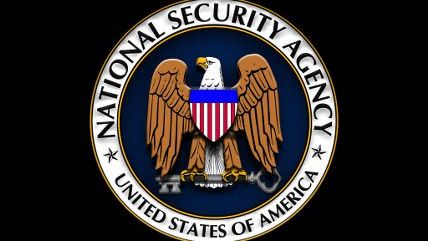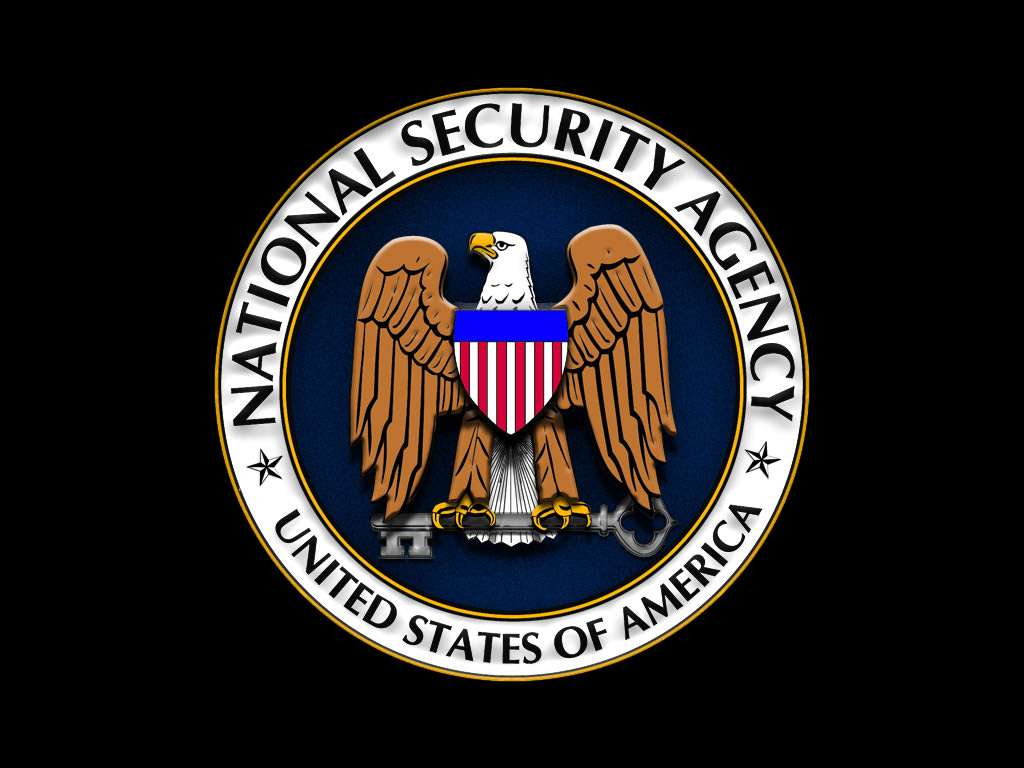You, Too, May Be Suing the National Security Agency
Coalition of groups fights mass data collection as a threat to freedom of association


The Electronic Frontier Foundation announced yesterday that they've put together a coalition of 19 organizations, ranging from the First Unitarian Church of Los Angeles to the California Federation of Federal Firearms Licensees to Human Rights Watch to Greenpeace to sue the National Security Agency in federal court for violating members' First Amendment rights in its recently revealed bulk collection of telephone data.
At the heart of the case, explains the EFF, is the potential chilling effect the collection of all this metadata has on the right of people to freely associate. Sure, the mass records collection may not include the contents of conversations, but just knowing who you are calling can say a lot about you, when you're calling, say, the National Rifle Association or Planned Parenthood or a politician's campaign office, or a sex line, or whatever:
"The First Amendment protects the freedom to associate and express political views as a group, but the NSA's mass, untargeted collection of Americans' phone records violates that right by giving the government a dramatically detailed picture into our associational ties," said EFF Legal Director Cindy Cohn. "Who we call, how often we call them, and how long we speak shows the government what groups we belong to or associate with, which political issues concern us, and our religious affiliation. Exposing this information – especially in a massive, untargeted way over a long period of time – violates the Constitution and the basic First Amendment tests that have been in place for over 50 years."
At the heart of First Unitarian Church of Los Angeles v. NSA is the bulk telephone records collection program that was confirmed by last month's publication of an order from the Foreign Intelligence Surveillance Court (FISC). The Director of National Intelligence (DNI) further confirmed that this formerly secret document was legitimate, and part of a broader program to collect all major telecommunications customers' call histories. The order demands wholesale collection of every call made, the location of the phone, the time of the call, the duration of the call, and other "identifying information" for every phone and call for all customers of Verizon for a period of three months. Government officials further confirmed that this was just one of series of orders issued on a rolling basis since at least 2006.
"People who hold controversial views – whether it's about gun ownership policies, drug legalization, or immigration – often must express views as a group in order to act and advocate effectively," said Cohn. "But fear of individual exposure when participating in political debates over high-stakes issues can dissuade people from taking part. That's why the Supreme Court ruled in 1958 that membership lists of groups have strong First Amendment protection. Telephone records, especially complete records collected over many years, are even more invasive than membership lists, since they show casual or repeated inquiries as well as full membership."
You can read the lawsuit here to determine whether a group you belong to or donate to is on the list of plaintiffs.
This lawsuit is separate from another surveillance-related EFF suit Zach Weissmueller reported on for Reason TV in June. Watch his interview with EFF Staff Attorney Mark Rumold below:


Show Comments (25)